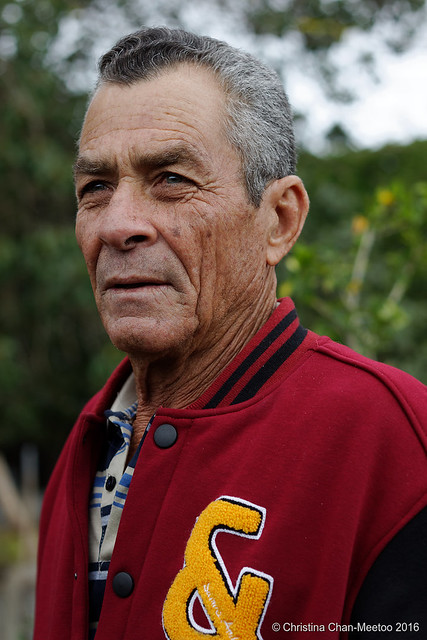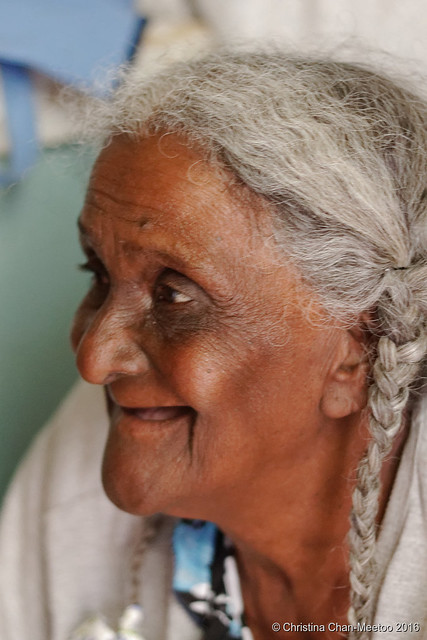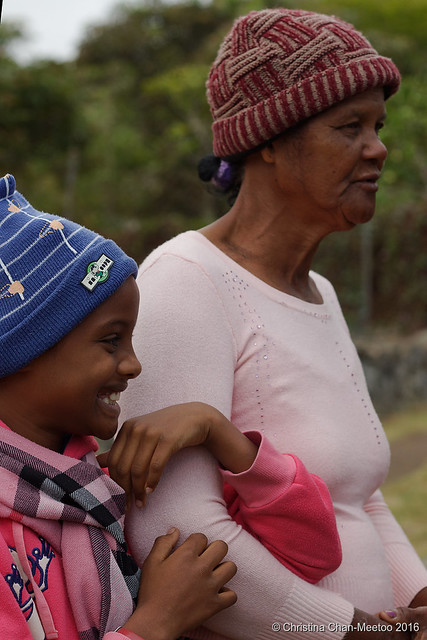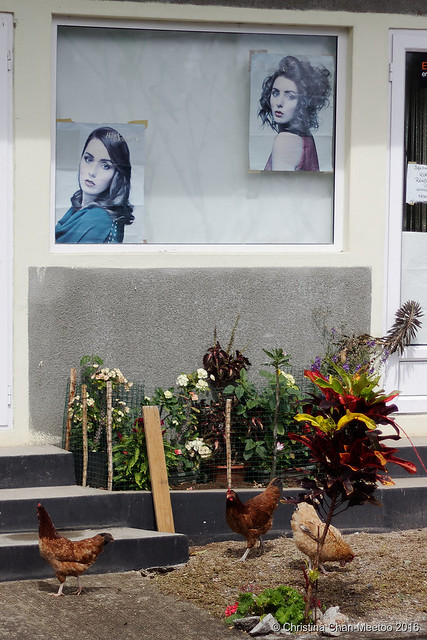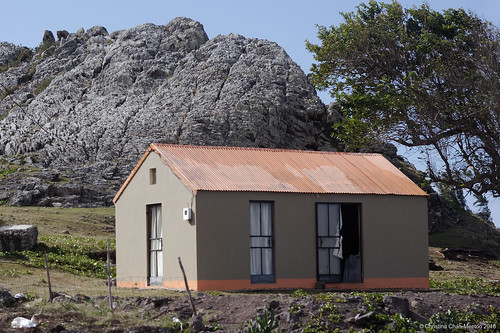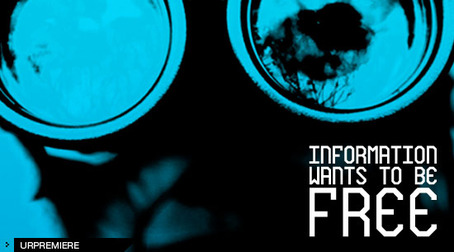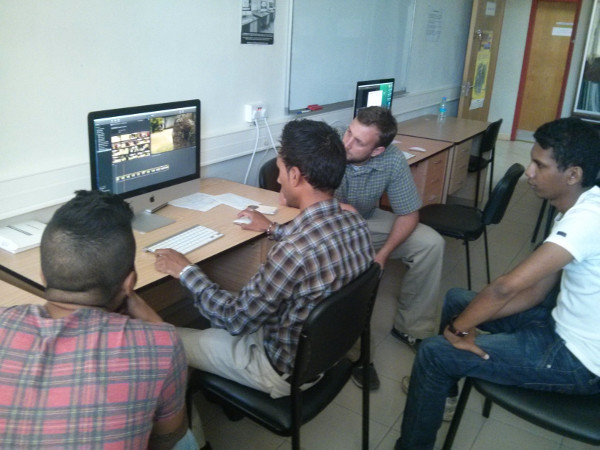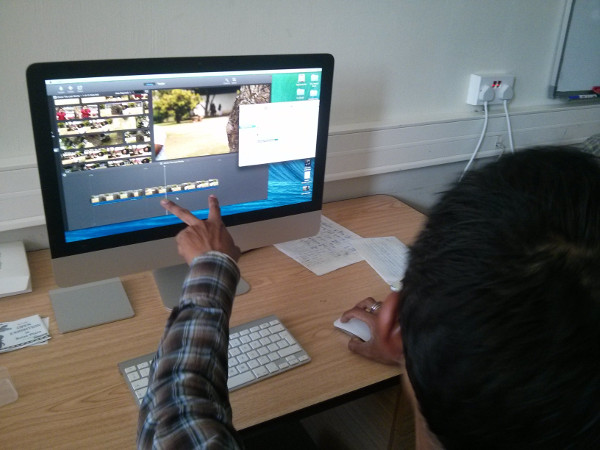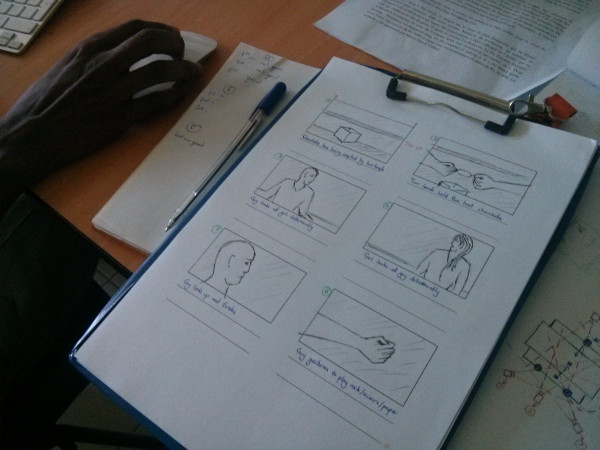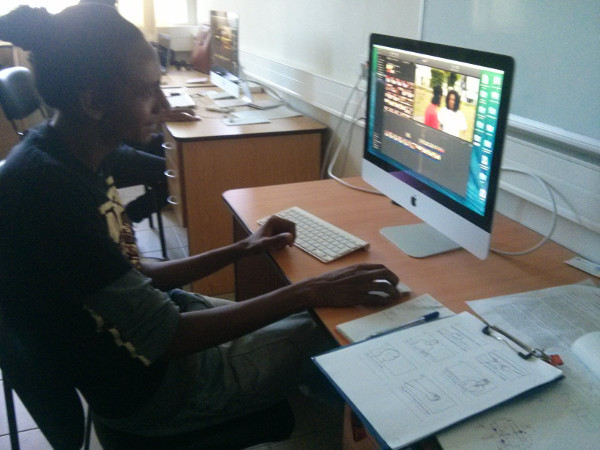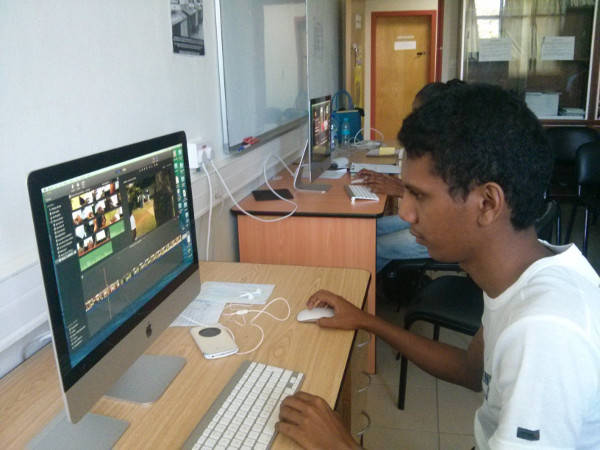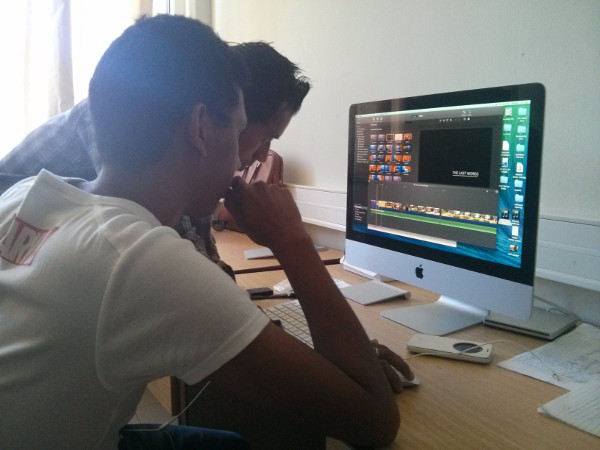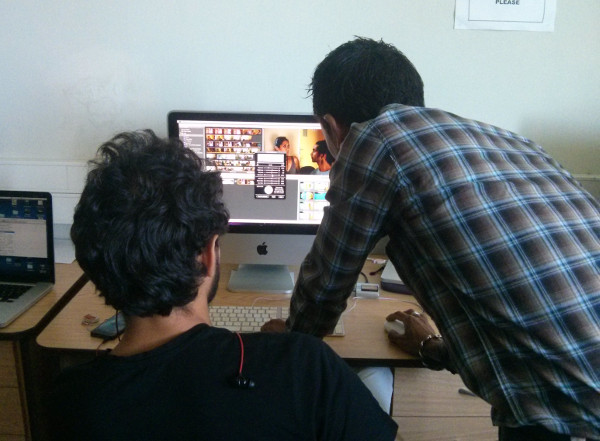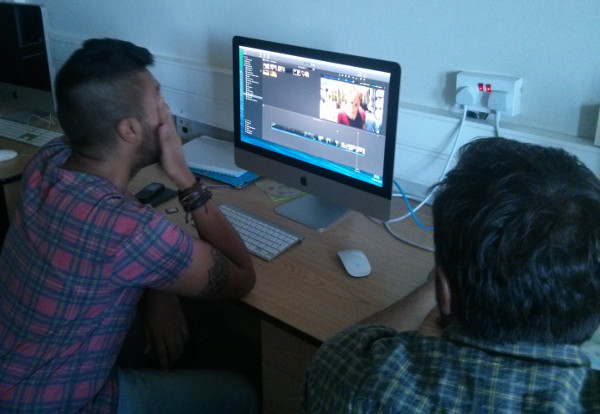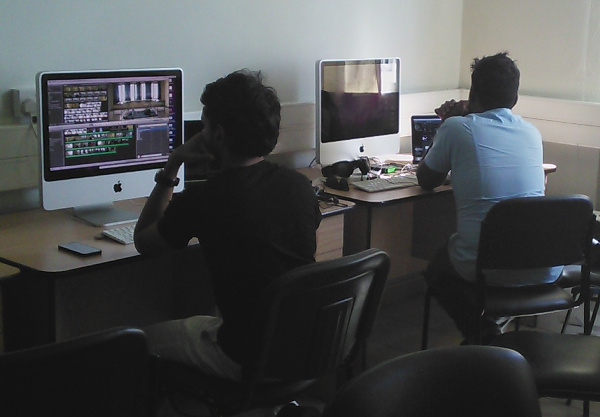En août 2016, un journaliste d’un grand quotidien me contacte pour une interview qui n’est pas publiée sans que je sache pourquoi. Voici une copie de notre correspondance par courriel.
Je cherche des avis et des opinions sur un freedom of information act.
De qui nous pouvons nous inspirer?
Il y a presque une centaine de pays au monde disposant d’une forme de législation apparentée, dont 13 sur le continent africain. Pour ne pas aller chercher très loin, nous pourrions commencer par nous inspirer de nos voisins sud-africains. Il n’y a cependant pas de modèle parfait et de toute manière, la mise en application de la loi et de l’esprit de la loi est très difficile.
Lors d’une réunion organisée par la ‘Special Rapporteur’ de l’Union Africaine sur l’Accès à l’Information en mai, les Sud-Africains ont exposé de multiples difficultés, par exemple la préservation et la classification de documents écrits et visuels. Tout cela entraîne aussi des coûts et nécessite des formations spécifiques au ‘record-keeping’. Il y a toute une série de consultations et des préparatifs compliqués à mettre en oeuvre dans le sillage d’une telle loi.
Aussi, si certains pays prévoient des mécanismes très élaborés pour formuler des requêtes afin d’obtenir l’accès à l’information détenue par les entités de l’État, pour d’autres, l’accès à l’information est plus ardue et dépend du bon vouloir des décideurs politiques et des officiers de l’État. De plus, il ne suffit pas d’avoir une loi sur la liberté d’information pour que l’information soit réellement libre. Mais une loi sur la liberté d’accès à l’information est certainement une étape importante dans la vie d’une démocratie.
Où en sommes-nous ?
À Maurice, nous en sommes au statu quo. Tout le monde s’accorde à dire qu’une telle loi est importante. Un petit progrès a été noté avec l’annonce du conseil des ministres en janvier 2016 mais nous n’en savons pas plus. Où en est-on avec le ‘draft’? Nul ne le sait hormis ceux qui sont censés y travailler.
Il y a cependant eu de nombreux ateliers de travail (dont celui organisé par l’ambassade des États-Unis en décembre 2015 et celui organisé en février 2016 par la MACOSS avec des collaborateurs de l’Union Africaine – voir https://christinameetoo.wordpress.com/2016/03/02/workshop-on-freedom-of-information/), des publications (voir https://comstudies.wordpress.com/2015/02/20/publications-on-foi-and-media-self-regulation/) et de nombreux articles de presse sur la nécessité d’une telle loi. Mais tout dépend en fin de compte de la volonté politique et si on veut vraiment se donner les moyens d’introduire cette loi. Ce qui est sûr, c’est que tôt ou tard, il faudra qu’elle soit une réalité.
Entretemps, il faut tout de même souligner que beaucoup d’organismes de l’État publient déjà des informations en ligne sans en avoir l’obligation. Le hic, c’est que les données sont souvent peu structurées et que les informations sont enfouies dans des rapports kilométriques et verbeux. Et que tous ne publient pas toutes les informations, en commencant par les informations les plus fondamentales (par exemple sur des procédures).
Y a-t-il des risques ?
Quelle (sic) est votre avis et/ou opinion sur un freedom of information act à Maurice ?
Toutes les lois sur la liberté d’accès à l’information comportent des exceptions et cela est compréhensible lorsque des questions touchant à la sécurité nationale mais aussi à la vie privée sont concernées.
Par contre, il faut bien prendre conscience que la mise en application n’est pas simple et qu’il ne suffit pas de rédiger et de faire voter une loi. Il faut aussi mettre en place des mécanismes pour recueillir, évaluer et traiter les requêtes du public, mais aussi les appels en cas de refus initial. Il faut former des personnes pour cela. Il faut un budget. Il faut aussi que les coûts ne soient pas prohibitifs pour formuler des requêtes d’information. Il faut que les formats de documents suivent des standards ouverts pour faciliter la réplication, la dissémination et l’analyse des contenus. Il faut surtout que tous les organismes de l’État transforment leur mode de fonctionnement pour faciliter la divulgation rapide des informations.
La position de l’IBA et du Media Trust dans ce combat.
Il faut leur poser la question. L’IBA est un organisme d’État pour la régulation de l’audiovisuel et il ne me semble pas qu’il y ait une prise de position officielle sur ce sujet à ce jour. Quand au Media Trust qui organise des formations courtes pour les gens des médias, ses membres sont en faveur mais je ne crois pas avoir vu de position officielle non plus.
Ce qui est étrange, c’est que la version finale du rapport Robertson, dont la version préliminaire a été publiée en 2013, n’est toujours pas publique. Ce rapport préliminaire préconise la réforme des lois concernant les médias et l’introduction d’une telle loi. Et personne ne semble s’en émouvoir…
Y a-t-il des déclarations de politiciens pour ou contre la liberté d’expression de la presse qui vous ont marqué ?
Tous les politiciens et autres décideurs économiques sont d’ardents défenseurs de la liberté d’expression et de la liberté de la presse quand il s’agit d’attaquer leurs opposants et de s’auto-promouvoir. Ceux-là mêmes sont les plus sceptiques ou précautionneux quand il s’agit de se défendre contre des accusations dans la sphère publique. C’est un réflexe humain. Il s’agit pour nous en tant que société de savoir aller au-delà des personnes, dans l’intérêt général de notre société.
Pour information, j’ai assisté à la réunion d’experts de l’Union Africaine sur l’accès à l’information durant les élections en mai 2016. Voir: https://twitter.com/search?q=from%3Achristinameetoo%20since%3A2016-05-23%20until%3A2016-05-29&src=typd
Si vous avez des questions spécifiques à ce sujet, n’hésitez pas.



